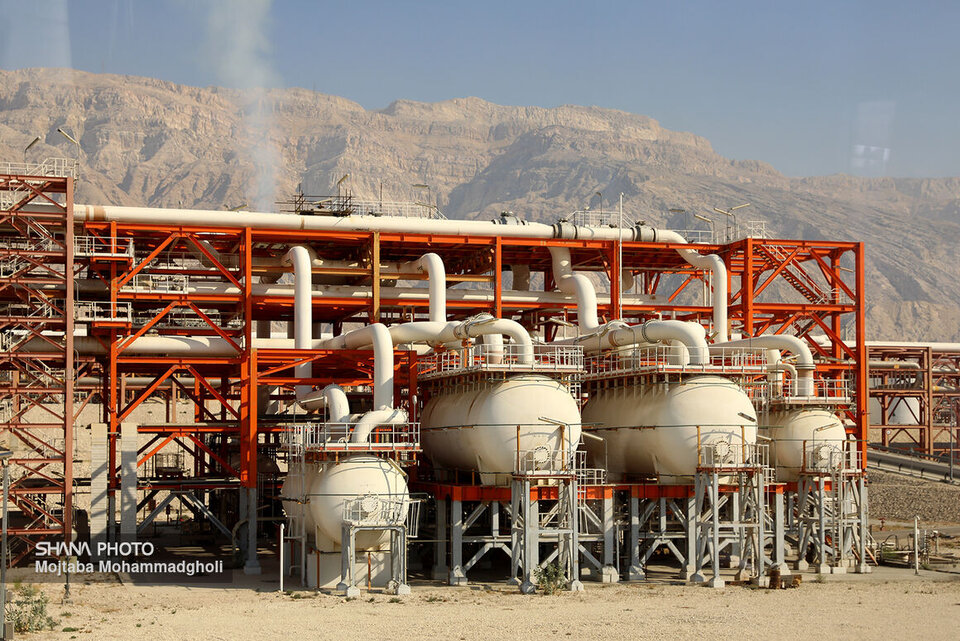Saeid Tavakoli, speaking at the third session of a series of specialized meetings on optimal gas consumption management on Saturday, noted that while energy imbalance had been discussed in various forums in previous years, this year marked the first time it garnered the attention of all stakeholders, with its significance being fully understood.
He added that, for the first time, the president personally and seriously pursued the issue of energy imbalance and the importance of consumption management in multiple cabinet meetings. The matter was also scrutinized with particular sensitivity in meetings with the heads of the branches of government.
Gas imbalance: a national concern
The deputy oil minister for gas affairs emphasized that gas imbalance has become a public and national concern.
He stated that these developments reflect the country’s serious resolve to address existing challenges and improve the energy situation, prompting various ministries, including the Ministry of Communications and Information Technology and the Plan and Budget Organization, to accelerate their programs.
Tavakoli noted that despite significant challenges and the high moral costs incurred by the National Iranian Gas Company, effective management in production and consumption has been achieved.
He stressed that this trend indicates a positive shift in the country’s approach to energy resource management and expressed hope that continued efforts would lead to further improvements in the energy sector.
He also revealed new plans in the energy sector to increase gas production, highlighting a special program by the Ministry of Communications and Information Technology aimed at using an information platform to enhance users’ utilization of energy resources.
New gas production records
The CEO of the National Iranian Gas Company pointed to new gas production records, stating that current daily production and transmission have reached 876 million cubic meters.
He noted that by accepting engineering risks in major repairs, efforts have significantly increased gas transmission capacity.
According to Tavakoli, the measures taken this year to boost gas production led to unprecedented daily transmission records.
Despite the early November Scandinavian cold air mass affecting 11 northern provinces, the situation was managed in a way that minimized disruptions. These successes underscore the ongoing collaboration and efforts in managing the country’s energy resources.
He also highlighted various measures taken in energy consumption management, including planning for the implementation of a national gas assistant program, the "2 Degrees Less" campaign, a 10% savings initiative with the help of major industries, educational programs in collaboration with state media, environmental advertising, strengthening the energy exchange, and public cooperation despite challenges. These efforts have made the current gas network situation more stable compared to last year.
The CEO of the National Iranian Gas Company expressed gratitude for the efforts of all colleagues and emphasized the importance of collaboration and exchanging ideas to improve services and energy management.
He called for active participation from all colleagues in providing suggestions and feedback.


Your Comment